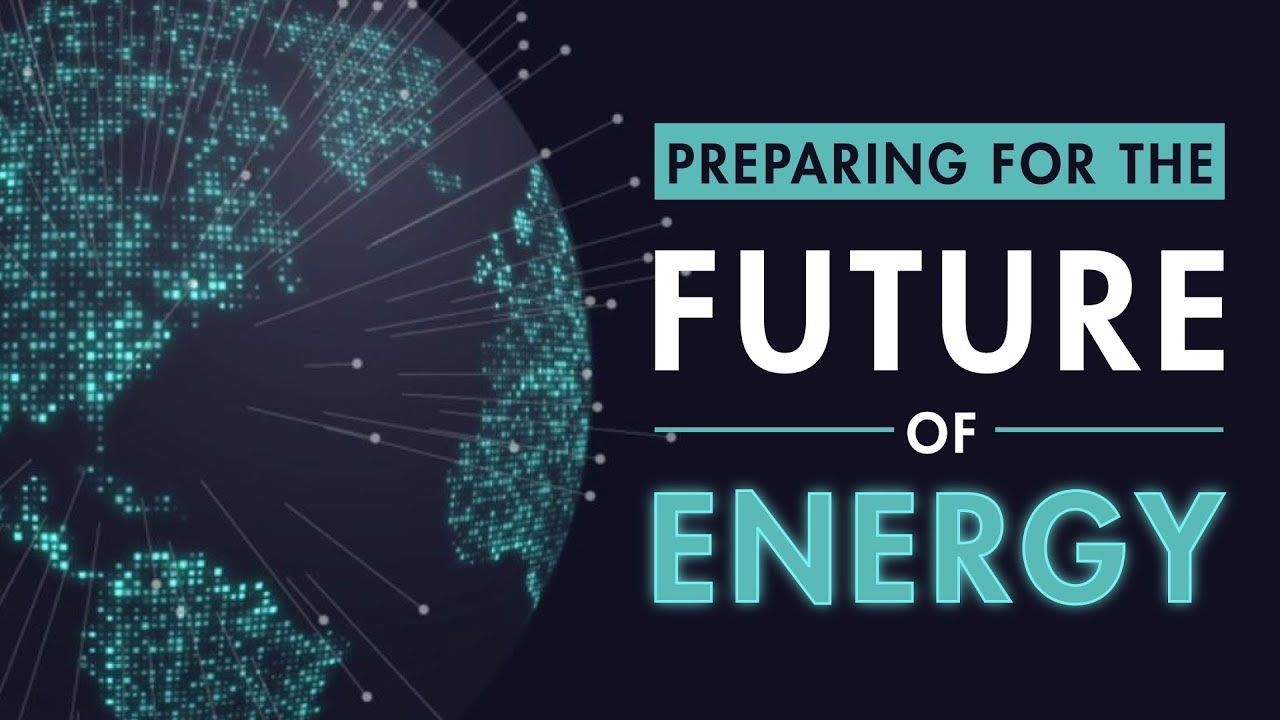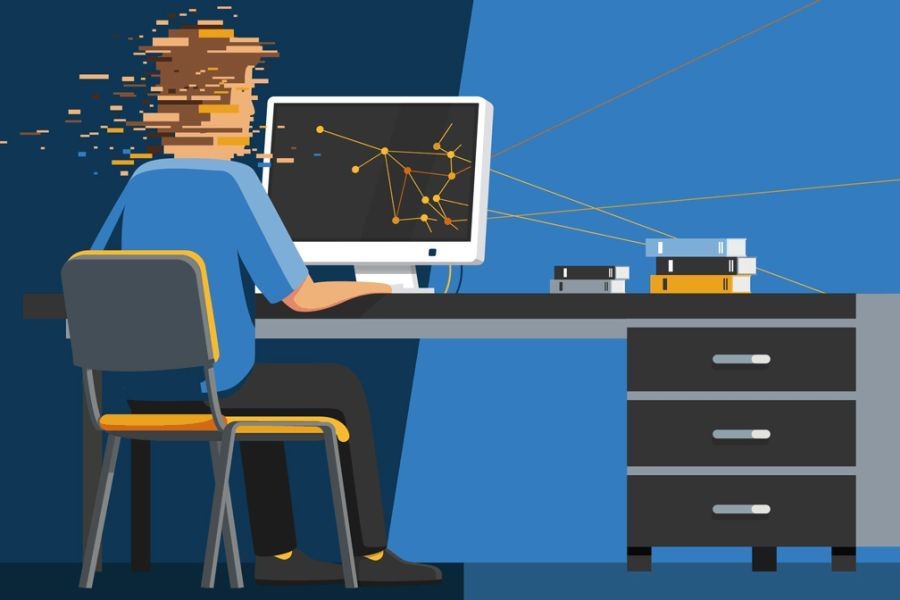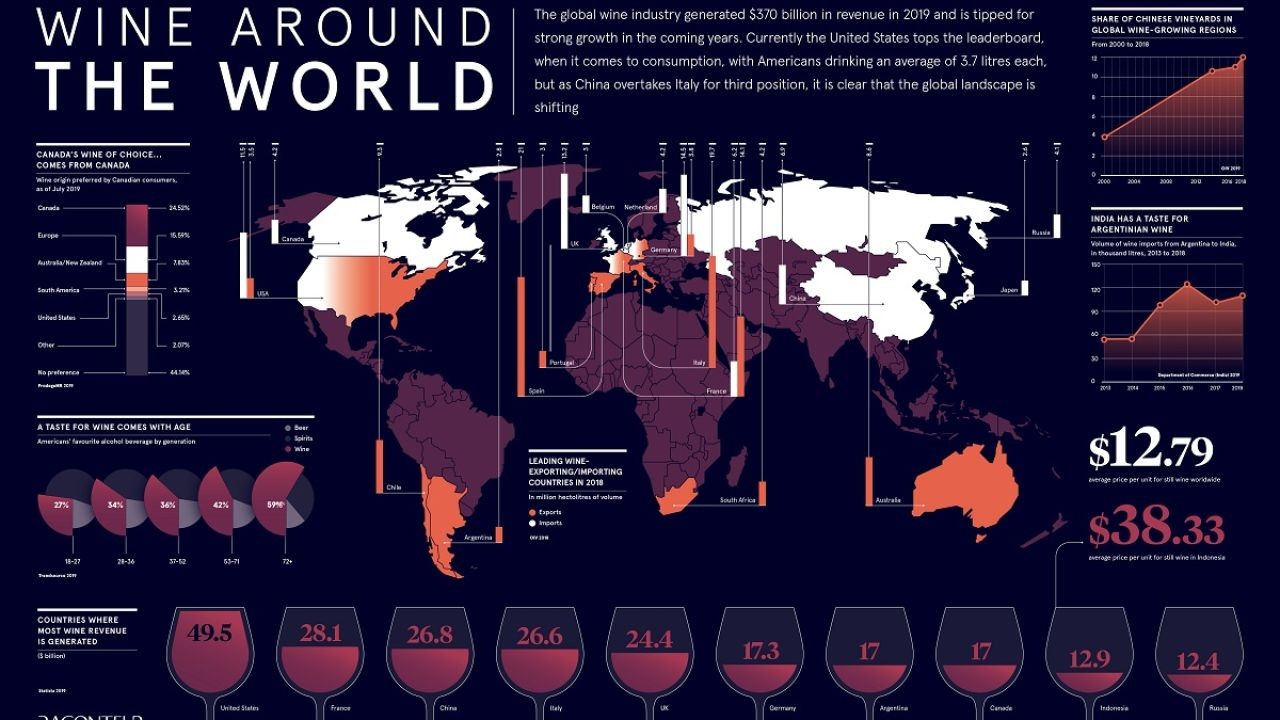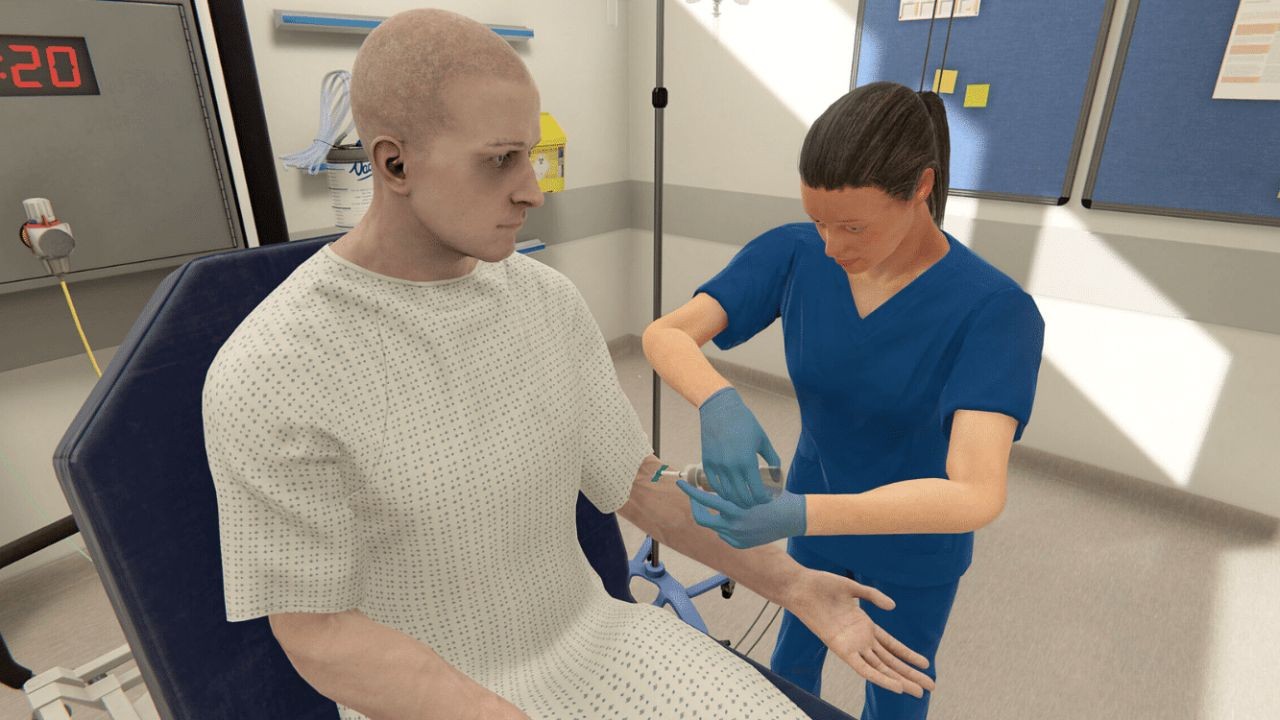Artificial intelligence (AI) has revolutionized many industries, but its impact on healthcare—particularly in cancer detection and diagnosis—is nothing short of transformative. As New Zealand grapples with an aging population and rising healthcare demands, leveraging AI technologies could not only improve diagnostic accuracy but also enhance patient outcomes while reducing healthcare costs. According to a report by New Zealand's Ministry of Business, Innovation, and Employment (MBIE), AI innovation is crucial for advancing the country's healthcare capabilities and dealing with complex diseases like cancer. This article explores how AI is reshaping cancer detection and diagnosis and what this means for New Zealand's healthcare sector.
AI in Cancer Detection: A Comparative Analysis
Globally, artificial intelligence is increasingly being integrated into cancer detection processes, offering a comparative edge over traditional methods. The use of AI algorithms in image analysis has shown significant promise in improving the accuracy and speed of cancer detection.
Traditional Methods vs. AI-Driven Techniques
Traditional cancer detection methods often rely on manual analysis of medical images, which can be time-consuming and prone to human error. In contrast, AI-driven techniques utilize machine learning algorithms to analyze vast amounts of data quickly and accurately. For example, a study by the University of Otago highlighted that AI systems can detect skin cancer with a 95% accuracy rate, compared to 87% for dermatologists. This ability to analyze and learn from large datasets enables AI to identify patterns that may not be visible to the human eye.
Pros and Cons of AI in Cancer Detection
While AI offers numerous advantages in cancer detection, it is essential to weigh these against potential downsides.
Pros:
- Improved Accuracy: AI systems can achieve higher accuracy rates in cancer detection, leading to fewer false positives and negatives.
- Efficiency: The use of AI can significantly reduce diagnosis time, allowing for quicker treatment decisions.
- Cost-Effectiveness: By automating routine tasks, AI can help reduce operational costs in healthcare settings.
- Scalability: AI solutions can be scaled across various healthcare facilities, making them accessible to a broader population.
Cons:
- Data Privacy Concerns: The use of patient data in AI systems raises privacy and security issues.
- Initial Implementation Costs: High upfront costs for AI technology can be a barrier for some healthcare providers.
- Dependence on Data Quality: The effectiveness of AI is contingent upon the quality and comprehensiveness of the data available.
- Regulatory Challenges: Navigating the regulatory landscape can be complex, hindering the adoption of AI technologies.
Case Study: Auckland Cancer Society Research Centre
The Auckland Cancer Society Research Centre (ACSRC) has been at the forefront of utilizing AI for cancer research and diagnosis. In collaboration with international partners, ACSRC implemented an AI-based system to improve the detection of breast cancer.
Problem:
Breast cancer detection traditionally relied on mammograms analyzed by radiologists, a process with inherent limitations in accuracy and efficiency.
Action:
ACSRC integrated an AI-driven image analysis tool that processes mammograms faster and with greater precision. The system uses deep learning algorithms to identify potential cancerous developments in breast tissue.
Result:
- Detection accuracy improved by 15%.
- Diagnosis time reduced by 30%.
- Cost savings of approximately NZD 500,000 annually in diagnostic procedures.
Takeaway:
This case study underscores the transformative potential of AI in refining cancer detection processes. New Zealand healthcare providers stand to benefit immensely by adopting similar AI solutions to improve diagnostic accuracy and operational efficiency.
Common Myths About AI in Cancer Detection
Despite its benefits, several myths persist about AI's role in cancer detection.
Myth: "AI will replace doctors in cancer diagnosis." Reality: AI is designed to assist, not replace, medical professionals. It aids in data analysis, allowing doctors to make more informed decisions. Myth: "AI-driven diagnoses are less reliable." Reality: AI systems often outperform human diagnosticians in accuracy, as corroborated by numerous studies, including those from New Zealand's healthcare research centers. Myth: "AI is too expensive for widespread use in healthcare." Reality: While initial costs are high, AI solutions often lead to significant long-term savings by improving efficiencies and reducing errors.
Future Trends and Predictions
As AI technology continues to advance, its role in cancer detection and diagnosis will likely expand further. According to a 2023 Deloitte report, the global market for AI in healthcare is projected to reach USD 45 billion by 2026, with substantial growth expected in New Zealand as well. Experts predict that by 2030, AI could assist in diagnosing 90% of all cancer cases in New Zealand, reducing diagnostic errors and enhancing patient outcomes.
Conclusion
The integration of AI into cancer detection and diagnosis represents a significant opportunity for New Zealand's healthcare sector. By leveraging AI technologies, healthcare providers can improve diagnostic accuracy, enhance patient outcomes, and reduce costs. As AI continues to evolve, its adoption in New Zealand's healthcare system will be crucial for meeting future healthcare challenges. Are you ready to embrace AI in healthcare? Share your thoughts and join the discussion below!
People Also Ask (FAQ)
- How does AI impact cancer detection in New Zealand? AI technologies in New Zealand enhance cancer detection accuracy by up to 15%, as per a University of Otago study, improving patient outcomes and reducing costs.
- What are the biggest misconceptions about AI in healthcare? A common myth is that AI will replace doctors. However, AI assists healthcare professionals by improving diagnostic accuracy, not replacing them.
- What are the best strategies for implementing AI in cancer detection? Experts recommend starting with data quality assessment, followed by integrating AI tools, and ensuring compliance with healthcare regulations for effective implementation.
Related Search Queries
- AI cancer detection New Zealand
- AI in healthcare NZ
- AI diagnosis technology
- Machine learning in cancer detection
- Future of AI in healthcare
- New Zealand cancer research
- AI privacy concerns healthcare
- AI implementation challenges
- Benefits of AI in medicine
- AI healthcare case studies


































nkcleghanimices
5 months ago